How Green Construction equipment could factor into future jobs opportunities
Opinions on the importance of environmental sustainability are mixed, but in a pure business sense, incorporating sustainability measures in your operations can be good for your long-term profitability. According to […]
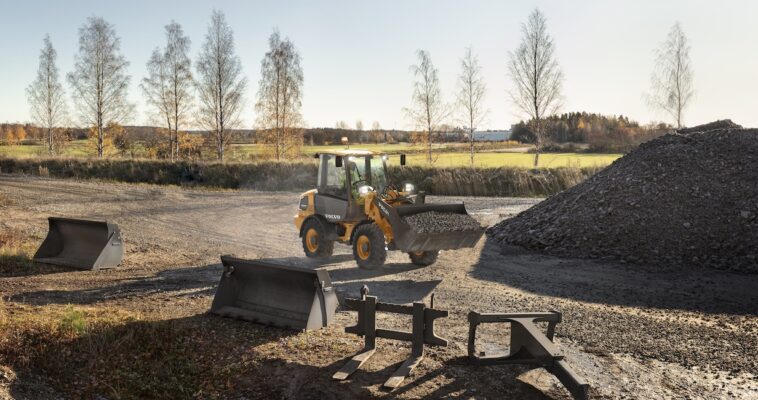

Opinions on the importance of environmental sustainability are mixed, but in a pure business sense, incorporating sustainability measures in your operations can be good for your long-term profitability.
According to the Center for Climate and Energy Solutions, 24 states plus the District of Columbia have adopted specific greenhouse gas reduction targets to address climate change. While each state has adopted a target and baseline year that suits its circumstances, the prevalence of these targets shows the widespread support for climate action.
Policies developed to reach these targets include things like carbon pricing, renewable portfolio standards and steps to promote cleaner transportation — also among these are emission limits. Many other state policies not directly linked to greenhouse gas targets also help reduce emissions. Such policies exist in every state in the U.S.
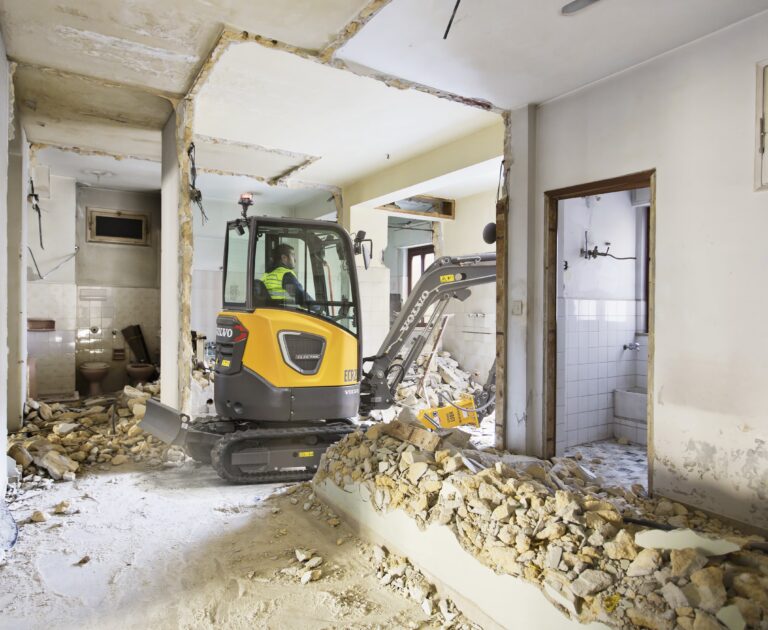
While environmental requirements like these are more common in Europe, they’re starting to gain ground here in North America. More and more local and state/provincial governments are adopting clean air policies — so if you want to win these bids as a contractor, you need to prove that you’re working with equipment with reduced or zero emissions.
In addition, some jobsites simply require reduced or zero emissions equipment — indoor construction jobs are a great example. Ventilation poses a problem as diesel-powered equipment emits exhaust fumes. These types of projects can now benefit from the low noise and zero emissions electric construction equipment offers.
From a business standpoint, your sustainability efforts can create more opportunities to expand the types of jobs your company takes on. Regardless of your personal stance on climate change, those in the construction and mining industries should care about trying to reduce their carbon footprints because regulators care — and the companies who hire them for jobs care.
Sustainability isn’t a trend. It’s a lasting movement primed to expand in both the public and private sectors. They’ll expect the companies they hire to, at the very least, not harm their sustainability efforts, and may even look to them to help them hit certain goals.
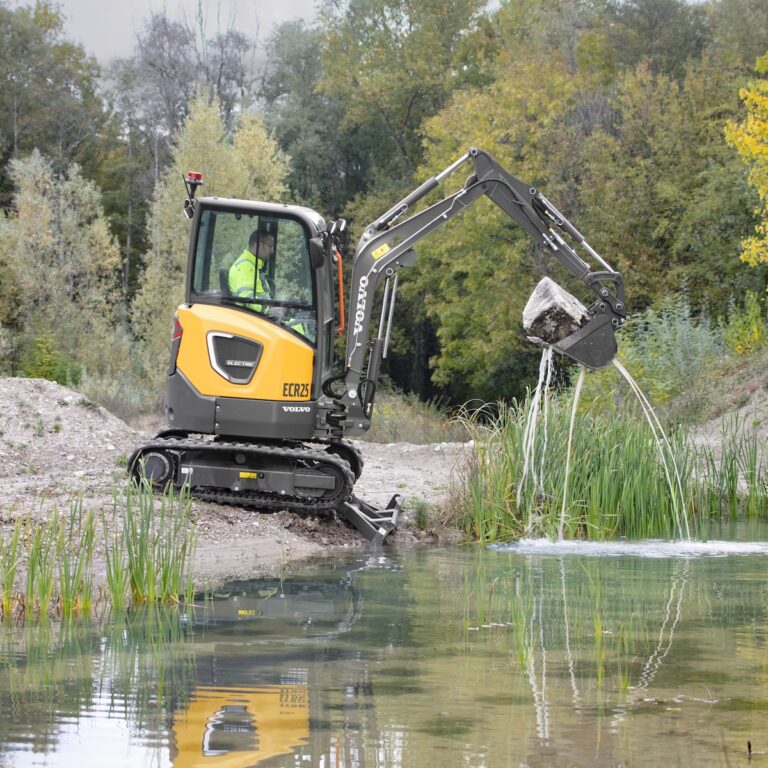
In the public sector, for example, there are growing efforts to pass clean air laws at the local, state and federal levels in North America. In addition to the policies mentioned earlier, several states have low carbon fuel standards aimed at reducing carbon emissions. This includes California, which has one of the largest global economies. The number of low- or zero-emissions opportunities in California alone is substantial, but other states have similar opportunities as well.
Ben Benoit, chair of the South Coast Air Quality Management District which is responsible for improving air quality in parts of Southern California, says that after on-road trucks, off-road equipment is the second-largest source of nitrogen oxide pollution in the region. Their next big focus is on construction equipment, and they’re looking forward to seeing some of the successes in electromobility.
At the federal level, the current administration is aiming to reduce U.S. greenhouse gas emissions by 50% by the end of the decade, and Canada is currently working on implementing a federal clean fuel standard. As these efforts gain more traction — and as incentives for the development and adoption of clean fuels and technologies increase — companies with low emissions or emissions-free heavy equipment will be the early beneficiaries of the resulting sustainability-focused contracts.
The private sector is on a similar trajectory. The sustainability movement is in part being driven by regulations, but more and more companies are also enacting sustainability policies of their own — many of them account for their full supply chain and the partners they work with. As an example, Walmart’s Project Gigaton aims to avoid 1 billion metric tons of greenhouse gas emissions by 2030, and they expect their suppliers to help them get there. Walmart is in the retail industry, but with the number of physical locations they build and renovate, they have influence over the construction industry as well.
VOLVO CE NORTH AMERICA SUSTAINABILITY OBJECTIVES
We have sustainability objectives here at Volvo CE too. As a part of the Volvo Group, our collective goal is to have fully electric vehicles account for at least 35% of vehicle sales by 2030.
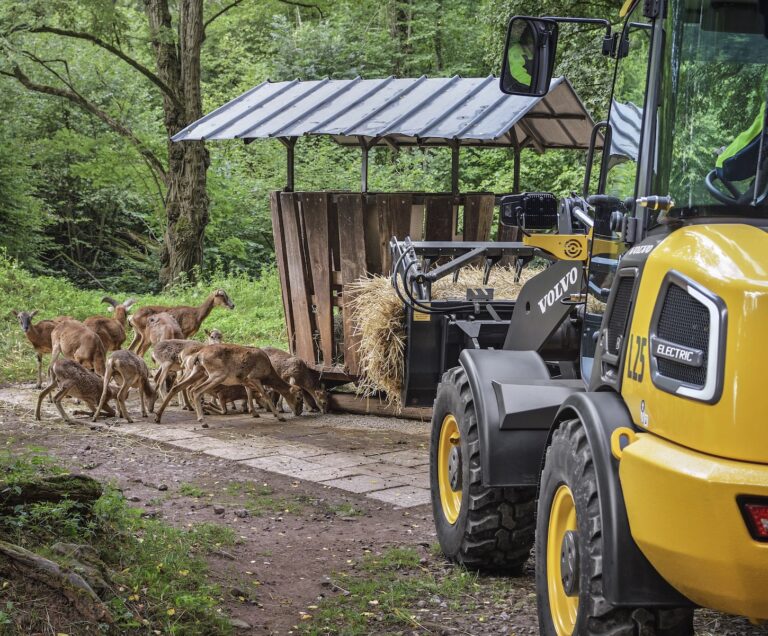
And as part of our support for the Paris Climate Agreement, we’ve also committed to science-based targets to guide our decisions to reduce greenhouse gas emissions and limit global warming. At Volvo CE, we’ve also set our own high interim goals to be met by 2030, including cutting emissions in half in our own operations, facilities and manufacturing processes, and achieving 30% in absolute reductions in the use of our products, whose indirect emissions account for the highest proportion of our carbon emissions.
Caring for the environment and playing an active, responsible role in society have always been important to us. We firmly believe that for a sustainability initiative to be meaningful, it must be environmentally and socially beneficial, as well as economically viable.
To us, corporate social responsibility is all about minimizing the environmental impact of our operations, working to develop energy- and fuel-efficient products and being responsible members of our society. It’s why you’ve seen Volvo lead the big push for electromobility in construction equipment manufacturing.
HOW SUSTAINABILITY CAN HELP GROW YOUR BUSINESS
Becoming a sustainability solution could be good for your business now and into the future. So how can construction equipment and associated services help you?
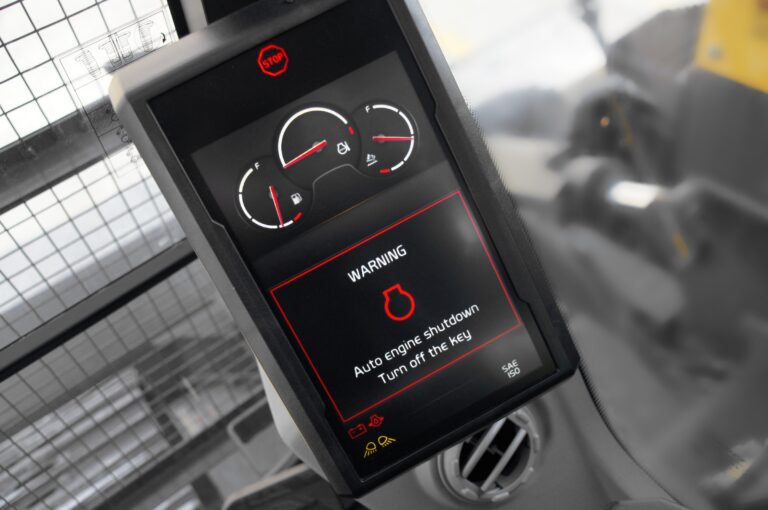
- Look for fuel-friendly features in your heavy equipment. One example at Volvo is our Engine Auto Shut Down that shuts down the engine when a machine idles for more than four minutes when the machine is stationary and not in gear. We also offer hydraulic systems that reduce flow and pressure losses, resulting in lower fuel consumption, and thereby lower emissions.
- Use telematics to monitor machine idle times. Telematics programs like ActiveCare® Direct can provide real-time data plus monthly reports that show you which machines (if any) are excessively idling. This data allows you to train operators to be cognizant of idle times to decrease fuel consumption and daily emissions.
- Determine if it’s beneficial to supplement your diesel fleet with fully electric construction equipment. In many applications, electric compact equipment can be ideal replacements for diesel-powered models. It’s important to educate yourself on how they work, what types of work they’re designed for, and how they might expand your business opportunities for jobs with sustainability targets.
While electric isn’t right for everybody, taking the time to discover the possibilities could help you uncover new jobs that help you pay for the investment. And long term, you’ll have machines in your fleet that are ready to take on more sustainability-focused projects.
For most contractors who consider the move to electric machines, the biggest challenge is simply a change in mindset for electric equipment. You need an adequate charging infrastructure in place to ensure machines operate as planned. While a 110-volt set up will charge our Volvo electric units over time, a 240-volt setup is necessary to charge them quickly.
And for remote jobsites, a solar array may be necessary to provide power when an electric grid isn’t an option. Again, take some time to learn more about how electric machines are making their way onto more and more jobsites across North America — and as always, feel free to reach out and talk to one of our Volvo CE dealer experts for details and advice.
MORE ABOUT VOLVO CE SUSTAINABILITY EFFORTS
At Volvo Group, we’ve reviewed the seventeen sustainable development goals established by the United Nations. The areas we’ve decided to focus on are those that are most relevant to our business, where we can make a real difference:
- Good health and wellbeing (No. 3)
- Industry, innovation and infrastructure (No. 9)
- Sustainable cities and communities (No. 11)
- Climate action (No. 13)
Visit our website if you’d like to learn more about our sustainability initiatives.
Categories: Electric Equipment, New Equipment, Rental Equipment, Sales Equipment


